– Do you know that Zimbabwe has one of the highest literacy rates on the African continent?
With a 90% literacy rate, Zimbabwe is one of the African countries with the highest ratio. The large investment in education and teachers made since the country’s independence has meant that almost 90% of children entering primary school finish school during this first cycle. In contrast, only 44% go on to secondary education.
Despite having one of the highest literacy rates, poverty is very latent in the country where, according to official data, about 40% of the population lives on less than 2 USD a day.
– Zimbabwe is a country with two currencies and one of the highest inflation rates in the world
Even if you are not an expert in economics, if you find a country that has two currencies it is sure to sound very strange. In the world we find few countries that have two official currencies. One of the best known is Cuba, which has the Cuban peso (CUP) and the convertible peso (CUC). Zimbabwe is also one of the countries on this list: here is the US Dollar (USD) or Zimbabwe Bonds.
The monetary history of Zimbabwe is very curious. Currently, they have two currencies and in some places you can only pay with one of these (for example, at gas stations they only accept USD); while to others it is better to pay in bonds (as in the case of supermarkets). The bond is the local currency but its value is very volatile and very unsafe. This leads to a black market for currency exchange, where you can get a lot more bonds for a dollar than you would get in an official bank. This is because the dollar is a safer currency, and is therefore much more sought after than the Zimbabwe bond. So, if you exchange to the street, the purchase in the supermarket will be cheaper because you will have more bonds than you would have obtained in an official exchange. However, you have to calculate very well how many bonds you have in your hands because when you leave the country, you will not be able to exchange them because for the country, it is a currency with less value than the dollar.
The fact that there are two currencies that coexist in the same country can cause one of them to rise in value considerably in a few months. This is the case with the bond, which two months ago (October 2021) was worth 81 bonds for 1 USD at the official exchange rate; and now (December 2021), it has climbed to 370 bonds for 1 USD.
About 15 years ago, the country experienced one of the most extravagant hyperinflations in monetary policy history. In the 2000s, due to the loss of agricultural production in Zimbabwe (partly due to the government’s expropriation of white land, which was later ceded to people who could not cultivate) and the decline in exports, the government responded by printing more notes on the market in order to pay off his debts and encourage the economy. This led, however, to one of the most shocking hyperinflations in world economic history: 79.6 billion a month was the highest inflation, and the price doubled every 24 hours. November 2008 was the most significant peak of this inflation that raises prices and causes an instantaneous increase in the poverty of much of the population. The Zimbabwean government put 100 USD trillion banknotes into circulation, which in return amounted to only 4 USD. This serious crisis led to a catastrophic situation for many people in the country.
Currently, the 100 USD trillion note is just a souvenir you can buy at the country’s top attractions; but people are once again worried about the rising value of the local currency, which is rising in value, and the fear of new hyperinflation is very present in many households in the country.
– Do you know that Zimbabwe was governed by one of the longest dictators in Africa?
Surely you’ve ever heard Robert Mugabe’s name. This was one of the most important and corrupt dictators on the African continent. Mugabe led the Zimbabwean liberation movement, formerly known as Rhodesia, against the United Kingdom. He gained independence in 1980 and remained in power until November 2017, when the dictator was 93 years old. Two years after leaving the power after nearly 40 years in power, he died in Singapore.
One of the most controversial actions during his long term in power was when, in 2000, he decided to expropriate all land from the white Zimbabwean people in order to punish them for the harm they had done their ancestors in the African country. These lands then passed into the hands of the country’s black elites, causing many of them to be abandoned because they did not know how to cultivate them and how to work them, and therefore poverty became even more chronic among all rural workers.
Also, like many African dictators they have very strange anecdotes. Like, for example, when in 2002 Robert Mugabe and his wife were traveling on a commercial plane to London, they decided to divert the plane to Barcelona in order to buy some taps that were very beautiful from the company Roca and they had to relocate more than 150 passengers who had nothing to do with the presidential entourage but were traveling on the same plane.
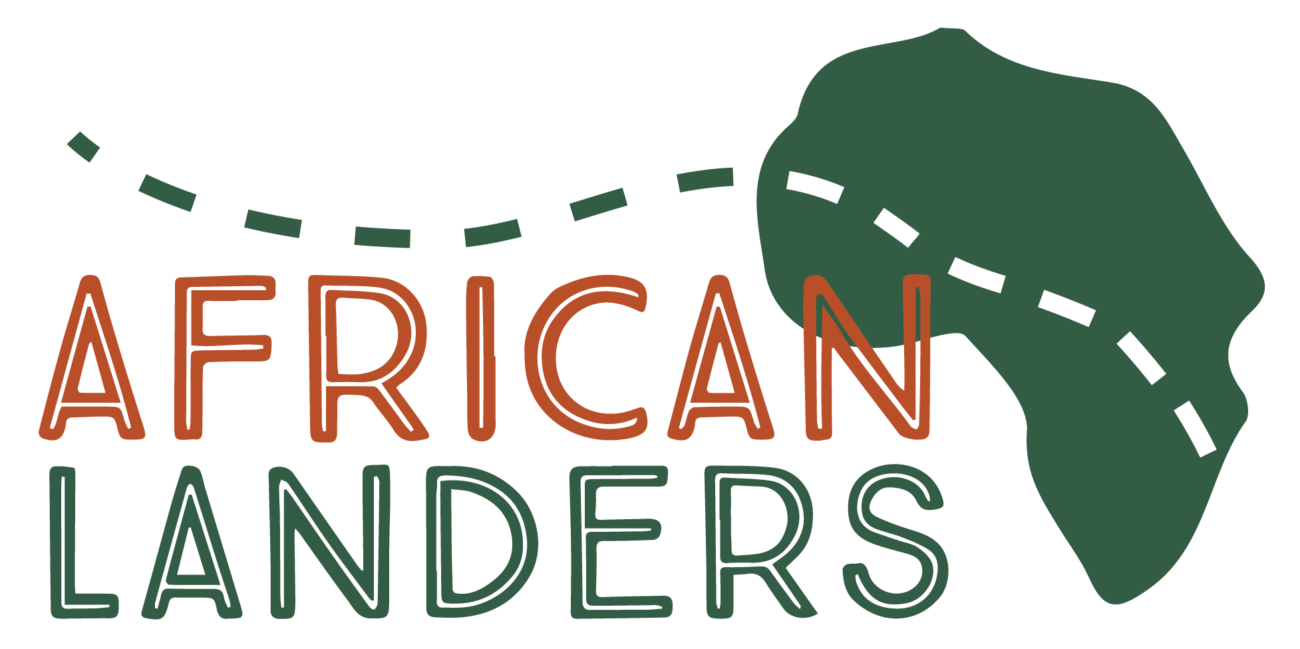


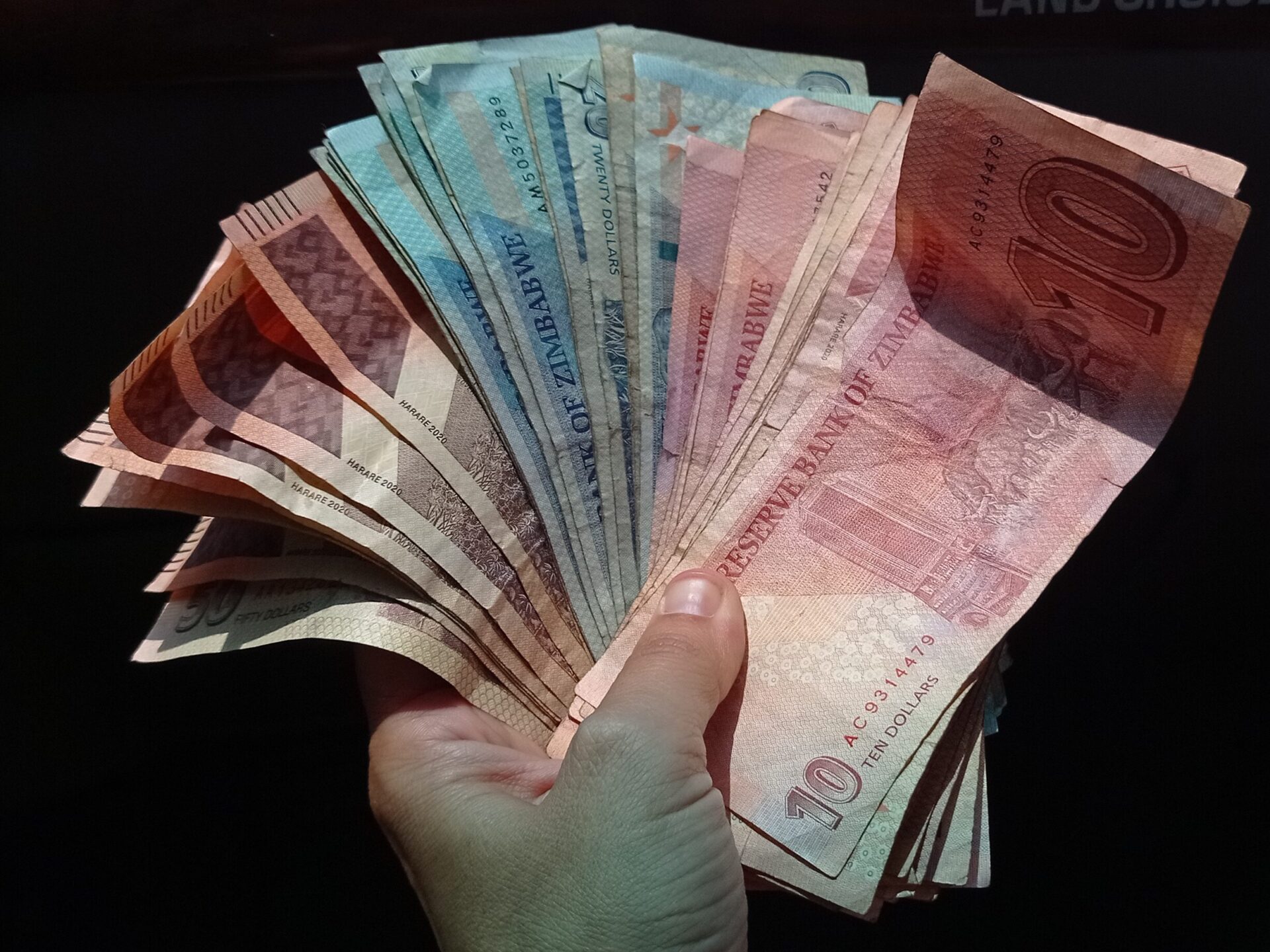





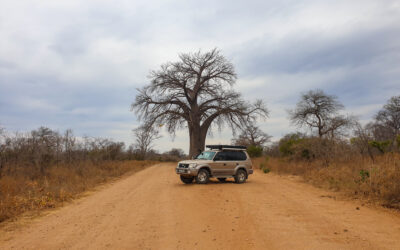


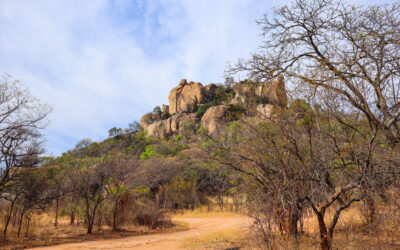
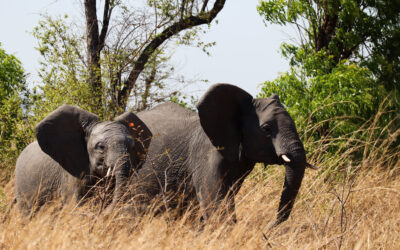

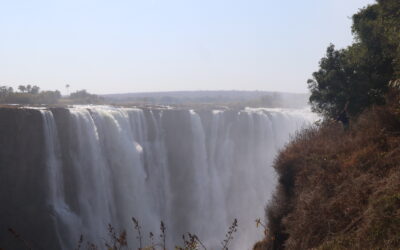
0 Comments